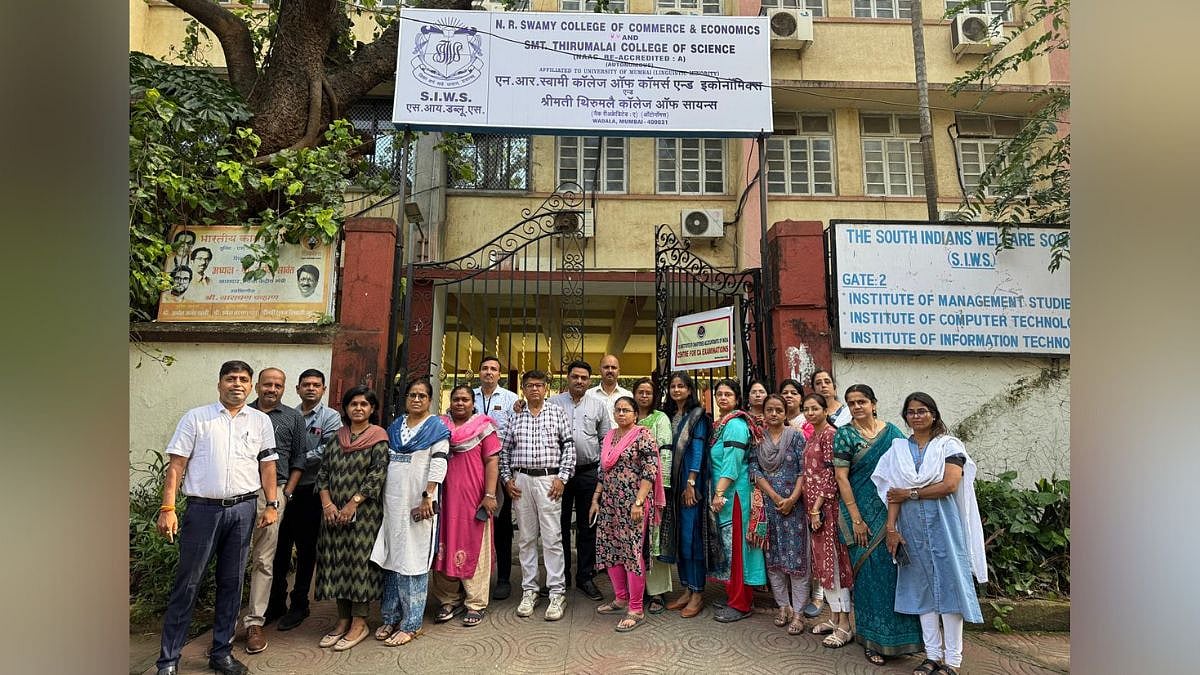A district consumer commission has directed a Standard Chartered bank branch to refund a complainant Rs85,000 he lost to fraudulent transactions with 9% interest per annum from April 2020 to the date of realisation.
If the amount is not given in 30 days, an interest of 15% per annum will have to be given. The bank will also have to give Rs 35,000 towards mental agony suffered and litigation costs.
The order pronounced on September 30, 2022, (uploaded on November 7) was passed by SS Mhatre (president) and MP Kasar (member) of the District Consumer Disputes Redressal Commission, Central Mumbai.
Complainant loses Rs 1.15 lakh in fraudulent transactions
The order was passed on a complaint by Bhayander resident Santosh More against Standard Chartered Bank. More, who had an account with Bank of Baroda and Standard Chartered got five text messages on April 4, 2020, from the bank informing him that Rs 1.5 lakh had been swiped from his credit card account.
He emailed and reminded the bank about the reversal of the money on April 15, 2020, and June 3, 2020. He also filed a police complaint with the cyber crime cell for the fraudulent transaction, for which an investigation is still pending.
Standard Chartered sent statements to More and told him that two transactions were secured and he will not get any reversal for them; that he alone needs to bear the loss of Rs 85,000 (Rs 25,000 and Rs 60,000) due to the two transactions.
The bank said that he had received OTPs on his registered mobile number and email for the same. The ombudsman replied saying that the two transactions were processed with two-factor authentication and closed the complaint.
He also stated that there were few transactions received from the same merchant and that the merchant had been blocked but refused to reverse the funds. Bankreversed two transactions of Rs60,000 while for the other two it continued to say they were unsecured transactions of Rs60,000. On what basis they were secured and unsecured had remained unchallenged.
Commission's observations
The commission while hearing the case said that the bank did not come to challenge the arguments put forth by the complainant and that the complainant having worked with different banks cannot share his details.
The commission relied on two orders which said that if the transaction happens and is not done by the account holder, then the responsibility is of the bank.
The commission while awarding the refund said, "As complainant has substantiated that, there is deficiency in services and unfair trade practices on part of opposite party and it has presumed that, there is no fault of complainant towards fraudulent transaction..."







